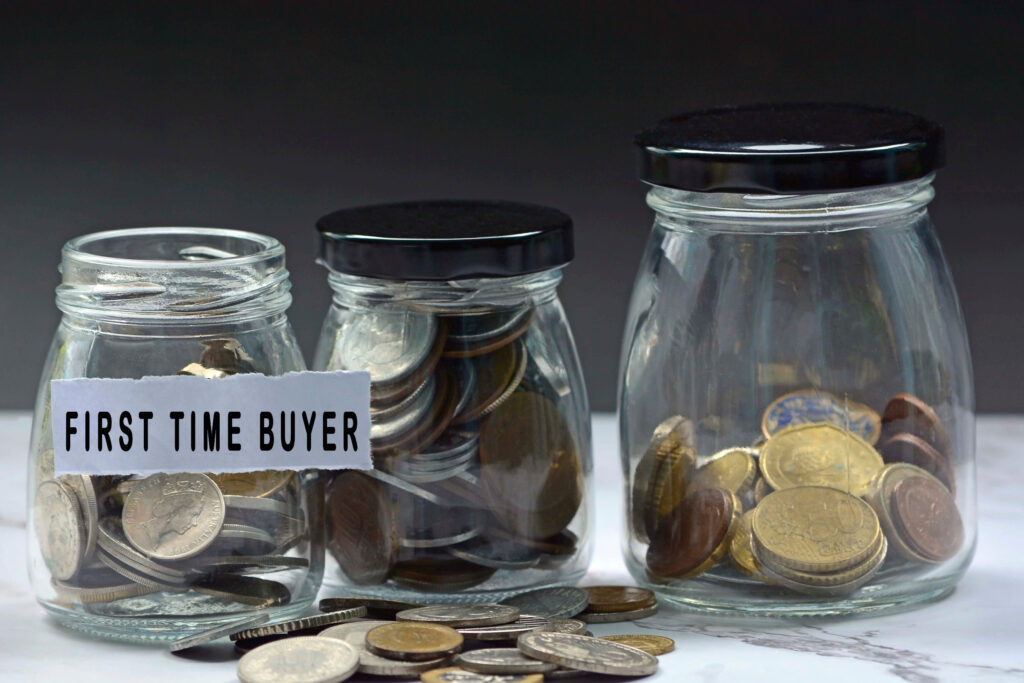Why Did I Buy That House? Home Buyer’s Remorse


Purchasing a home is typically exciting, regardless of whether you’re a first-time buyer, upsizing, or downsizing for retirement. The problem is that once the purchase goes through and you start living in the property, you may begin to wonder if you made a mistake. Owning the home can reveal problems you didn’t initially notice, and you might worry that buying was the wrong decision. If you’re asking yourself, “Why did I buy that house?” here’s what you need to know about home buyer’s remorse.
What Is Home Buyer’s Remorse?
Home buyer’s remorse is a sense of disappointment and regret that can follow a home purchase. Essentially, you think you made a mistake by purchasing the property, and the feelings of guilt, frustration, uncertainty, fear, or sadness because of it weigh you down.
In some cases, home buyer’s remorse happens due to your own views on the purchase. At times, it’s a result of opinions others express to you about your property, creating doubts that weren’t there previously.
Why Home Buyer’s Remorse Happens
Home buyer’s remorse isn’t uncommon, and it can occur for a wide array of reasons. Here’s an overview of some of the most common causes of buyer’s remorse among new homebuyers.
Your Mortgage Is Hard to Handle
While dealing with your mortgage payment is something you know is part of the equation, after paying it for a few months, you might realize it’s harder to handle than you expected. If paying becomes stressful, you may start regretting your purchase.
If this happens, go over your budget and review your spending. Figure out where your money is going and where you can scale back. Also, consider starting a side hustle to boost your income until you can reach a more comfortable place. You could also look for a higher-paying job or a raise at work.
Unexpected Issues with the Location
While you may have gotten some basic insights about the neighborhood when you viewed the home, living in it might reveal new issues. Perhaps a neighbor is unexpectedly difficult to deal with or dogs barking in nearby yards is noisier than you expected. Maybe you didn’t realize that your road was a path for ambulances, and there are sirens wailing at all hours of the night.
Regardless of the reason, not liking the location is frustrating and can lead to home buyer’s remorse. Consider looking for ways to minimize the issues. For example, landscaping and fencing can potentially shield you from some noise and give you privacy.
Surprise Maintenance or Repairs
When you buy a home, you usually don’t expect to need expensive maintenance or repairs right away. Since that’s the case, when the unexpected happens, and you suddenly have to sell out hundreds or thousands of dollars, home buyer’s remorse can occur.
Fortunately, doing the repairs or maintenance means you now know when similar actions might need addressing in the future, allowing you to plan. Additionally, you’ll start forging a relationship with local repair and maintenance professionals, and that can make handling subsequent needs easier in some cases.
Surprisingly Challenging Commute
In some cases, a commute from a new home seems manageable until you start driving it. You might realize that you’re suddenly spending far more time on the road or that traffic conditions are significantly more stressful to navigate than you expected.
With this issue, there are potential solutions. You can explore telecommuting options with your current employer or look for a new job that’s either closer to home or lets you work remotely. Joining a carpool means you aren’t as responsible for as much of the driving, which can also make the commute feel more manageable.
Negative Opinions from Family or Friends
When you buy a house, showing it off to family and friends typically happens. While this is potentially reassuring if they focus on the positives, if they start sharing negative opinions, it can lead to buyer’s remorse.
Whether your loved ones are questioning how much you spent, express dislike for the home’s features, or say anything else along those lines, you might worry that you’ve made a mistake. However, what’s important to remember is that you’re the one living there. If the house makes you happy, don’t let their opinions drag you down.
How to Deal with Remorse
Above all else, it’s critical to know that buyer’s remorse about purchasing a house is normal. It’s a major investment that comes with a highly stressful buying experience. Plus, unless you built a house, no available home would likely have everything on your wish list, which can lead to some regret in nearly anyone.
Dealing with the feelings that come with home buyer’s remorse isn’t easy, but there is a way to move forward. Begin by reminding yourself why you purchase the home in the first place. Spend time appreciating the features that drew you to the property. In some cases, that alone helps you see that the house is an excellent fit for your needs, which can reduce negative feelings about the purchase.
It’s also wise to unsubscribe from any email or text alerts relating to real estate in your area. Seeing sale prices or attractive marketing photos may bring about new doubts. Since those comparisons won’t benefit you in any way, unsubscribing can save you unnecessary pain.
Finally, keep in mind that this home doesn’t have to be your last house. In many cases, first-time homebuyers have to make sacrifices due to limited budgets or other constraints. However, your house can put you on the path toward your dream home. By caring for it and improving it appropriately, you’ll build equity that can potentially make your perfect house more affordable down the line.
How to Avoid Home Buyer’s Remorse
If you’re considering purchasing a house and want to avoid home buyer’s remorse, begin by setting a realistic budget. Factor in the property’s price, closing costs, appraisal fees, inspection fees, down payment requirements, property taxes, homeowner’s insurance, potentially increased utility costs, an emergency fund for maintenance, and any other expense that could come with the purchase. By doing so, you can avoid regrets related to the financial side of the equation, as you’ll know what to expect.
Additionally, create a list of your genuine needs for a new home. Use that to guide the properties you consider, keeping your wants largely out of the equation until you begin narrowing down your options. That may give you a more realistic idea of what you can reasonably get, which could prevent later disappointment. Alternatively, it may show you that now isn’t the right time to buy, which is also helpful.
If you find a house with potential and place an offer, get the right inspections. Along with a general home inspection, consider paying for specialty roof, plumbing, electrical, HVAC, and pest inspections. While going that route means more upfront costs, it could reveal expensive repair needs that you can then negotiate for as you navigate the purchase. If nothing is found, it may give you peace of mind.
Finally, spend time exploring what living in the house is potentially like. Visit the neighborhood multiple times during the day and night, allowing you to gauge the noise and see traffic patterns. Also, consider heading to the area and doing your commute at the typical times on a few occasions. While that means going out of your way, it lets you know if the drive is an issue.
Were you happy with your home purchase, or did you experience buyer remorse for your house? If you did regret the decision, do you have any tips that can help aspiring homebuyers avoid mistakes? Share your thoughts in the comments below.
Read More:
- 7 First Home Buying Tips
- Is Paying Points a Good Way to Reduce Your Mortgage Rate?
- First Time Applying for a Mortgage? 6 Expert Tips to Boost Your Chances
The post Why Did I Buy That House? Home Buyer’s Remorse appeared first on The Free Financial Advisor.


